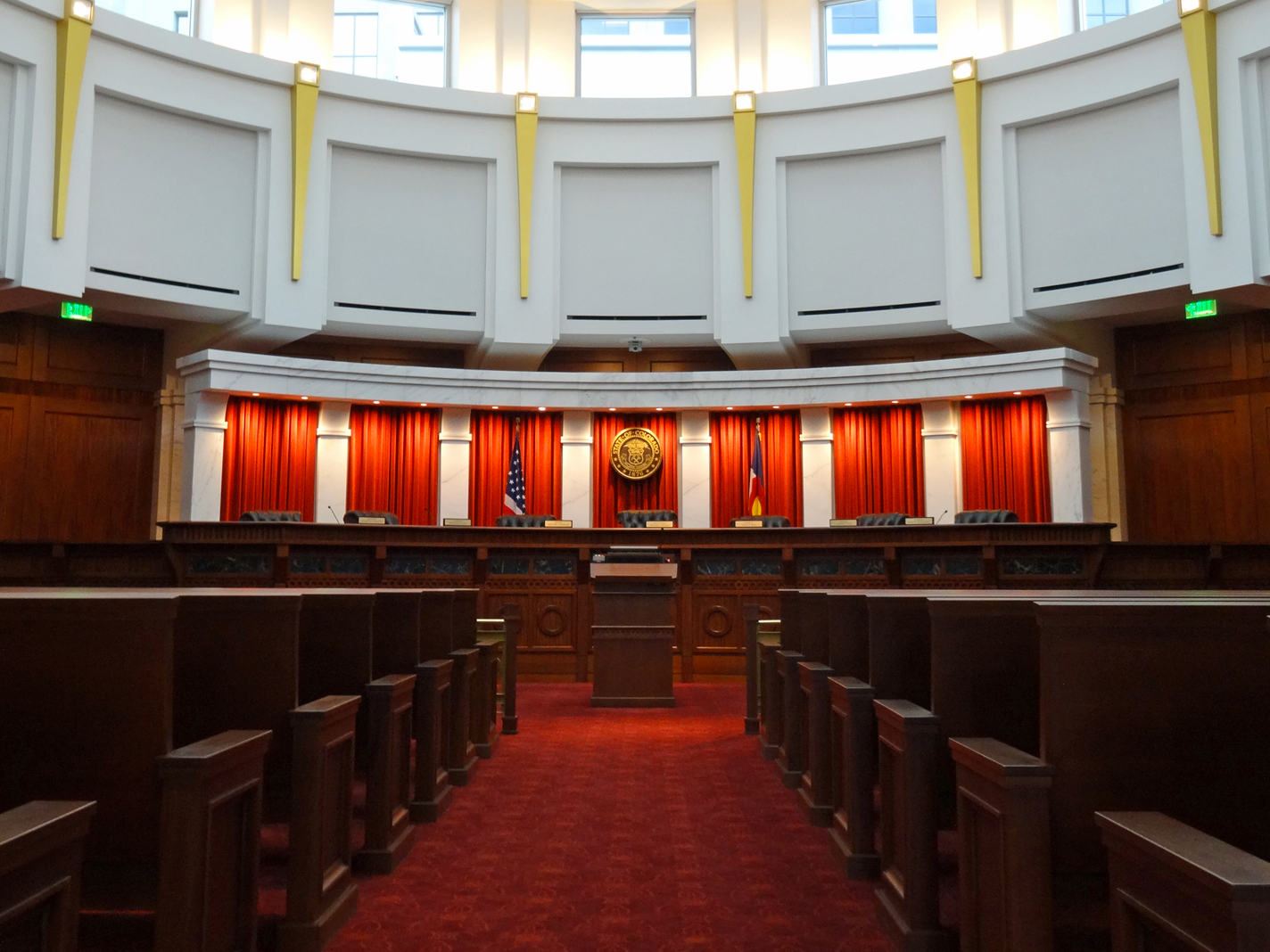Since taking office in January, President Joe Biden has nominated 10 individuals to serve as Federal Circuit and District Court judges, and one as a Superior Court judge for the District of Columbia.
Former federal prosecutor Regina M. Rodriguez is one of the women who Biden has tapped for the federal bench. She was nominated to serve as a judge for the U.S. District Court in Colorado. Rodriguez, the lone Latina nominated in the first group, joins a list of other groundbreaking judicial nominees. She is half-Mexican American from her father’s side and half-Japanese American from her mother’s side.
“This trailblazing slate of nominees draws from the very best and brightest minds of the American legal profession,” Biden said in a statement. “Each is deeply qualified and prepared to deliver justice faithfully under our Constitution and impartially to the American people – and together they represent the broad diversity of background, experience, and perspective that makes our nation strong.”
Since 2019, Rodriguez has been a partner at Wilmer Cutler Pickering Hale and Dorr LLP in Denver. She manages cases involving complex litigation and government investigations. During her 33-year career, she has also served as an assistant U.S. attorney for the U.S. Attorney’s Office for the District of Colorado and was a founding member of Latinas First Foundation.
Despite the diversity among Biden’s nominees, some Latino legal and civil rights groups were unhappy that Rodriguez was the lone Latina picked for a federal position during the first round of announcements.
“The fact that the administration chose to roll out this first group without more Latinos is indicative of the low priority of Latinos to them,” said Thomas A. Saenz, president and general counsel of the Mexican American Legal Defense and Educational Fund (MALDEF), according to NBC News. “We are the largest racial or ethnic group, and we are getting the least? We can’t accept that.”
What You Need to Know About How U.S. Presidents Nominate Federal Judges
According to the U.S. Courts and the Federal Judiciary, names of potential nominees for the federal bench are often recommended by senators and members of the House who share the same political affiliation as the current President. Once a nominee is chosen, the Senate Judiciary Committee conducts confirmation hearings. Article III of the U.S. Constitution states that if confirmed, judges receive a life term on the bench.
